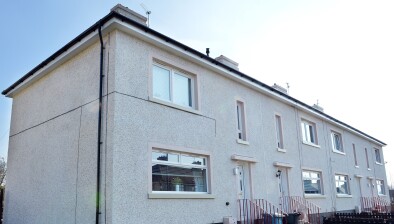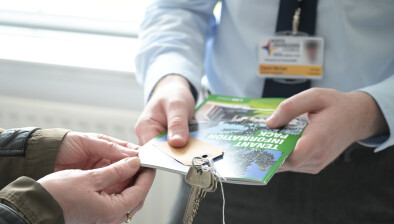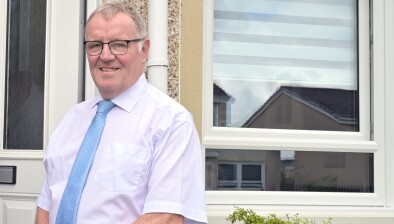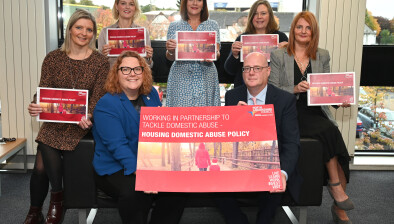Progress continues in tackling homelessness in North Lanarkshire
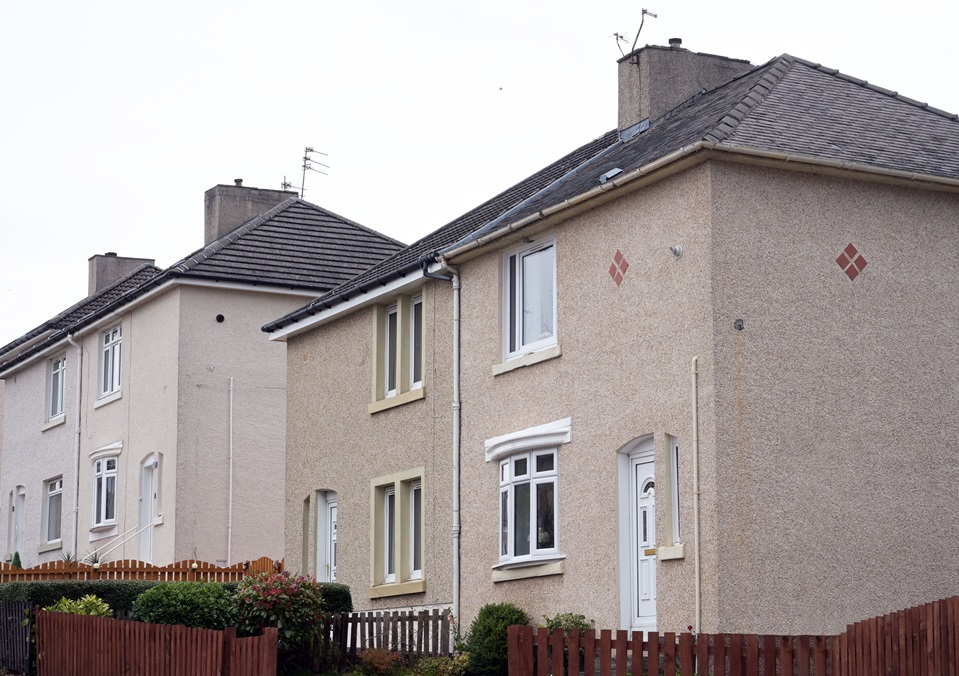
Residents in North Lanarkshire are continuing to be supported in wide-ranging council efforts to prevent homelessness, despite the number of people declaring themselves homeless has increased by 16% in the last year, a new report has revealed.
Through the Rapid Re-Housing Transition Plan (RRTP), North Lanarkshire Council aims to provide sustainable, permanent housing and reduce dependency on temporary accommodation, and finding alternative long-term solutions. Introduced in 2018, the RRTP has brought together council services, housing associations, and local partners to address homelessness with a person-centred approach.
The council has implemented a range of targeted actions to help those facing homelessness, with significant improvements made possible through support from the Scottish Government’s Ending Homelessness Together Fund. This year, £381,000 was allocated to continue RRTP projects aimed at quickly transitioning individuals and families into permanent housing.
Key achievements include:
- Reduced Temporary Accommodation Time: The average time spent in temporary accommodation is now down to 131 days, which is approximately half the Scottish average.
- Innovative Homes First Program: The council’s Homes First Team, working with partners such as the NHS, expanded its reach in 2023-2024, supporting 54 people with complex needs. All individuals in this program have successfully sustained their housing.
- Focused Financial Support: The Household Support Fund assisted 140 young, single individuals facing financial hardships with essentials like rent, energy, and food costs, preventing further cases of homelessness.
- Support for Families: The Keys to the Future program, funded by Barnardo’s, helped 24 families with 42 children at risk of homelessness.
- Reduced Homelessness Impact on Children: Despite a rise in overall homelessness, the council achieved a 15% reduction in the number of children experiencing homelessness.
Councillor Michael McPake, convener of housing, explained: “Supporting vulnerable people and those facing challenging circumstances is our priority. By reducing homelessness times, we can improve housing stability and provide better housing solutions for our residents. Despite rising homelessness numbers, we are seeing positive results thanks to a concerted, multi-agency approach”
The council is also set to pilot a new approach to improve housing allocations. Beginning with a six-month trial, people declaring as homeless will be offered one housing option rather than two with the aim of speeding up the rehousing process. The impact of this change will be evaluated to inform future policies.
The council’s new Homelessness Action Plan (2025-2028) was approved by the housing committee at its November meeting and outlines continued and expanded efforts to reduce homelessness across the area. The new plan will build upon the current RRTP objectives, aiming to create lasting improvements in housing access and support services.





